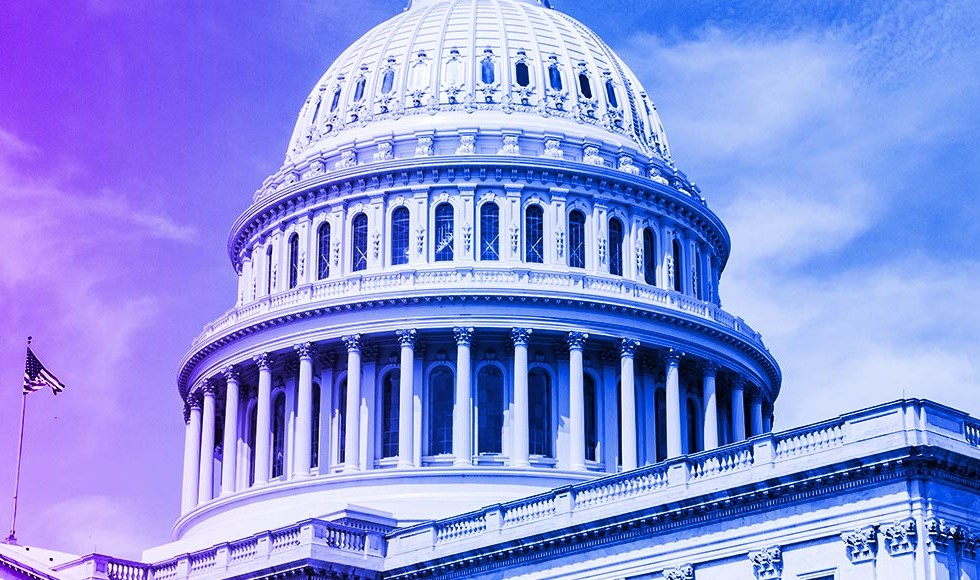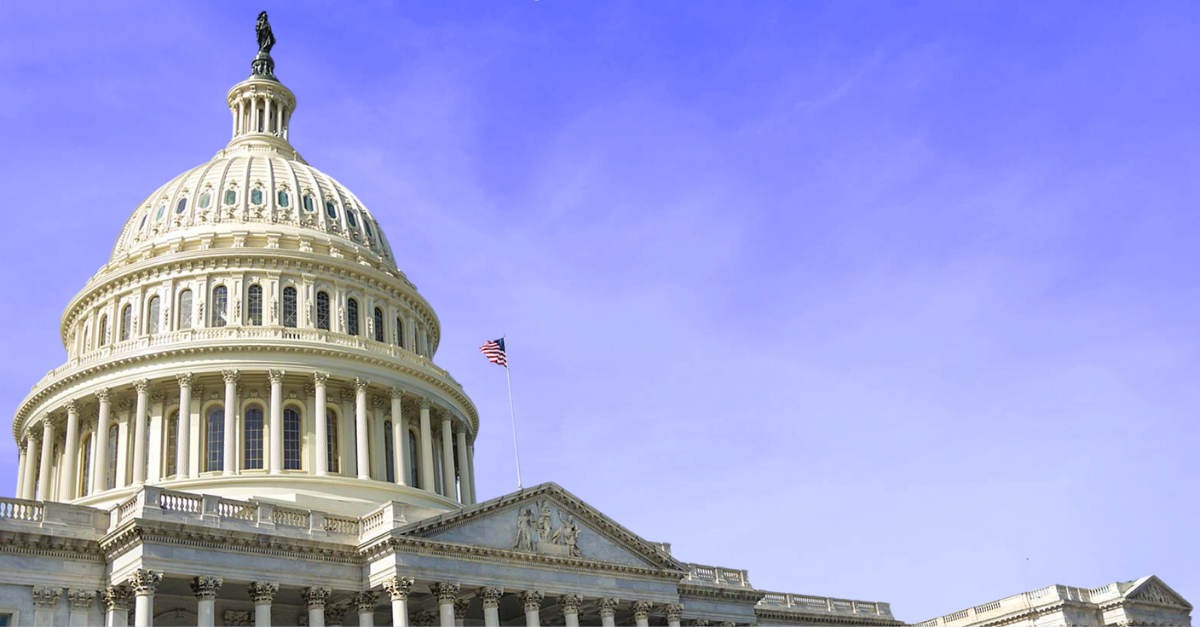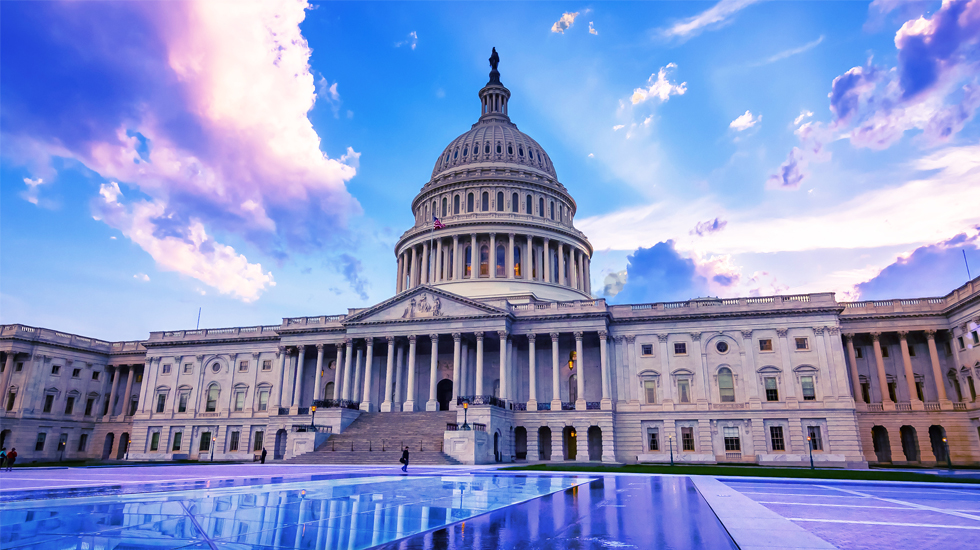Executive Order: “Debanking”/“Fair Banking”
Reviews, reassessment, look-backs, and remediation

KPMG Regulatory Insights
- Redefining “Fairness”: Supervisory changes likely to not only remove reputation risk in exam guidance but also potentially redact existing “fairness” definitions.
- Regulatory/Legislative Changes: A re-review and potential amendments may span multiple regulations and business practices (e.g., financial crime, inactivity/insufficient funds).
- Spanning Retail Products: Supervisory, investigation, and examination actions to span across deposits and lending products and practices.
- Look-backs Coming: Actions direct the agencies to re-review prior account closure and declination practices and assess whether to issue associated enforcement actions (based on FTC Section 5, CFPA section 1031, and/or ECOA).
________________________________________________________________________________________________________________________________
August 2025
Following a recent focus on “debanking” at both the Executive and Congressional committee levels, the Administration issues an executive order (EO) entitled “Guaranteeing Fair Banking for All Americans,” which sets forth directives to financial service agencies to review and take associated regulatory actions in the areas of:
- Reputation Risk, including removing it from guidance documents, manuals, and other materials
- Reconsideration of Small Business (SBA) Lending, including reinstatement and renewal offers to clients and potential clients previously denied services
- Remediation/Enforcement, to address practices that resulted in “debanking”
- Legislative/Regulatory Options, aligned with a strategy to combat “debanking activities”
The EO is specifically directed toward prohibiting actions characterized as “politicized or unlawful debanking.” The EO specifically references authority of the financial service regulators under section 5 of the Federal Trade Commission Act (“Unfair or Deceptive Acts or Practices”), section 1031 of the Consumer Financial Protection Act (“Unfair, Deceptive, or Abusive Acts of Practices”), and/or the Equal Credit Opportunity Act.
Key directives include requirements for:
1. Reputation Risk. Each Federal banking regulator (defined to include the SBA, FRB, FDIC, OCC) to:
- Remove the use of reputation risk or equivalent as well as any other considerations that could be used to engage in “debanking,” from guidance documents, manuals, and other materials (to be completed within 180 days from the date of the EO)
- Consider rescinding or amending existing regulations
Note: The FRB, FDIC, and OCC each previously announced efforts to remove reputation risk from supervisory exams and related materials.
2. Reconsideration. The SBA must give notice to and require all financial institutions with which it guarantees loans under its lending programs to make reasonable efforts to:
- Identify and reinstate any previous clients denied service through a “debanking action”
- Identify and renew the option for services to all potential clients denied access to financial services, including payment processing services, through a “debanking action”
(Note: the SBA must give notice within 60 days from the date of the EO and all financial institutions must meet the identification and notice requirements within 120 days from the date of the EO)
3. Remediation. Each Federal banking regulator must identify financial institutions under their jurisdiction that have:
- Any past or current, formal or informal, policies or practices that require, encourage, or otherwise influence the financial institution to engage in “debanking” and take appropriate remedial action, to the extent authorized and consistent with applicable law, including levying fines, issuing consent decrees, or imposing other disciplinary measures (for potential violations including section 5 of the Federal Trade Commission Act, section 1031 of the Consumer Financial Protection Act, and the Equal Credit Opportunity Act) (to be completed within 120 days from the date of the EO)
- Based on current supervisory and complaint data, engaged in “debanking” on the basis of religion, and refer the institution to the Attorney General for civil action if unable to obtain compliance under the Equal Credit Opportunity Act (to be completed within 180 days from the date of the EO)
4. Legislative/Regulatory Options. The Secretary of the Treasury, in consultation with the Assistant to the President for Economic Policy, must develop a comprehensive strategy for further measures to combat “debanking” activities of financial regulators and financial institutions, including consideration of legislative or regulatory options to eliminate it (to be completed within 180 days from the date of the EO).
Timeline | |
|---|---|
Within 60 days from the date of the EO: |
|
Within 120 days from the date of the EO: |
|
Within 180 days from the date of the EO: |
|
Dive into our thinking:
Executive Order: “Debanking”/“Fair Banking”
Reviews, reassessment, look-backs, and remediation
Download PDFExplore more
Get the latest from KPMG Regulatory Insights
KPMG Regulatory Insights is the thought leader hub for timely insight on risk and regulatory developments.
Meet our team




